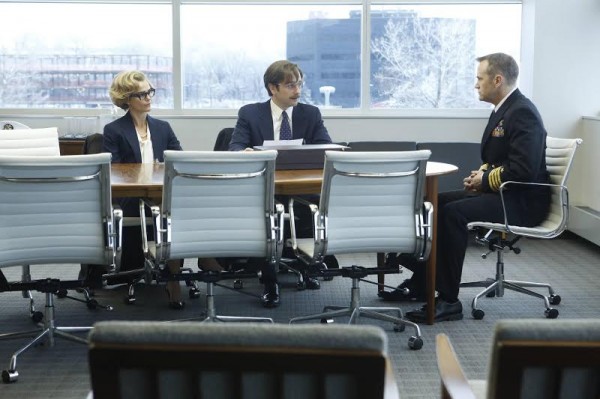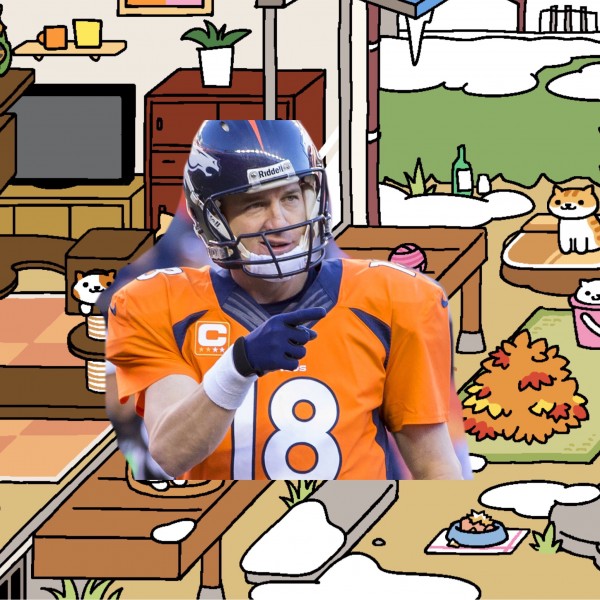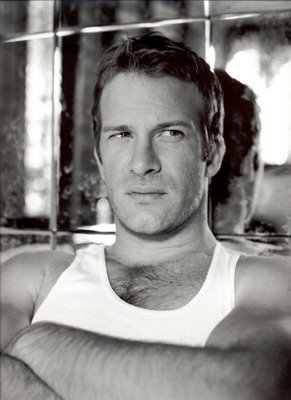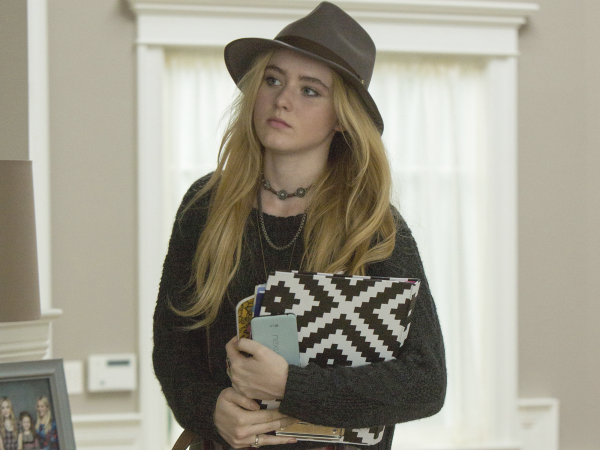Support Hos: Deadwood
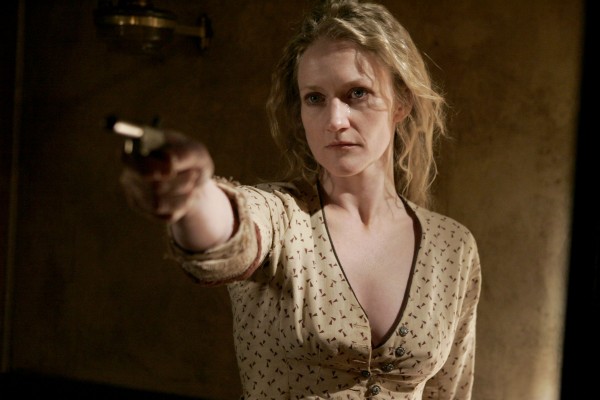
Editor’s note: Extreme spoiler alert. Seriously, do yourself a favor and watch Deadwood before reading this, if for some inexplicable reason you haven’t yet.
I started watching Deadwood when the cabbie I was sleeping with at the time told me it was a Wild West show about a town run by whores. “You’ll love it!” he assured me. Turns out he was almost entirely wrong about the plot, but he was right about me loving it. The sex workers are a small part of the overall action, yet the majority of female characters are sex workers. And for me, the sex workers are the heart of the show, its moral and empathic compass. But empathy and ethics can have a price, especially for the marginalized.
Creator David Milch explains that the creation of Deadwood was based on his desire to explore the formation of civilization out of chaos. Chaos is what the territory of Deadwood is when the series opens. It’s the go-to headline for any sporting event or Republican or Democratic convention that sex workers flock to where the money is. In terms of boom towns like Deadwood it’s largely true, not just because of the presence of fast and loose cash, but because of the freedom of movement, both social and physical, offered by the very lack of civilization Milch is exploring.
That life in the still-lawless camp of Deadwood allows a certain amount of freedom as well as deprivation is obvious, and that lives lived on the margins of a camp like Deadwood offer liberty and danger, even to women, even to sex workers, is made apparent immediately in the first episode. Thirteen minutes in a gun goes off in Al Swearingen’s saloon-brothel.
“Aw, hell,” says right-hand man Dan Dority despairingly. “That fuckin whore.”
And so we meet Trixie (Paula Malcomson), who enters with a literal bang, as she’s just shot and killed a client in self-defense.
“He was beating on me! I told him not to beat on me!” she explains hopelessly, knowing already her bruises won’t be an adequate excuse to her boss. Swearingen beats her himself, adding a reminder to everyone that she’s not allowed to own a gun. Unfazed, Trixie immediately sneaks her servant friend, Jewel, money to bring her another gun.
The freedom allowed her here may not be immediately apparent to a civilian, but the fact that she was allowed to defend herself against a beating, to shoot someone without being fired or killed, and allowed to continue working with everyone’s unspoken knowledge that she’s just going to acquire another gun, is massive. This freedom will be lost by the untimely end of the show, when civilization comes in the barbaric entrepreneur figure of George Hearst.
In the meantime, the sex workers of the first season have a singular amount of screen time, especially with the arrival of Joanie (Kim Dickinson) and the other girls of Bella Union, the new brothel, waving brightly from owner Cy Tolliver’s festively festooned wagon. This entrance highlights something that hasn’t been visible till now: Swearingen’s joint, the Gem, is a rough-and-tumble working class saloon and brothel. While the Gem girls wear loose shifts and little or nothing else, the Bella Union workers are adorned with the Wild West fashion you’ve been dreaming of: beribboned corsets, garters, thigh highs, hair in tumbled curls and cascading updos. I’d watch the show just for their clothes. Unfortunately, it’s the men running this here town and you know there’s going to be a clash with a fancy new brothel steppin’ on Swearingen’s turf.
In the background of Swearingen and Tolliver’s turf war, being used as pawns, are the vibrant women who work for them. I’m focused on Joanie and Trixie here, and the handful of other sex workers who are allowed plotlines. While they’re considered tools in the political struggles between Tolliver and Swearingen, and then between Swearingen and Hearst, the camera shows this to be a misjudgment and a mistake on the part of the men (one that only Swearingen learns from, belatedly). While not exactly happy, Joanie and Trixie are lively presences, not the passive background decor sex workers function as on shows like The Sopranos. Even when they’re silent, we can feel their judgment, and so can Tolliver and Swearingen.
